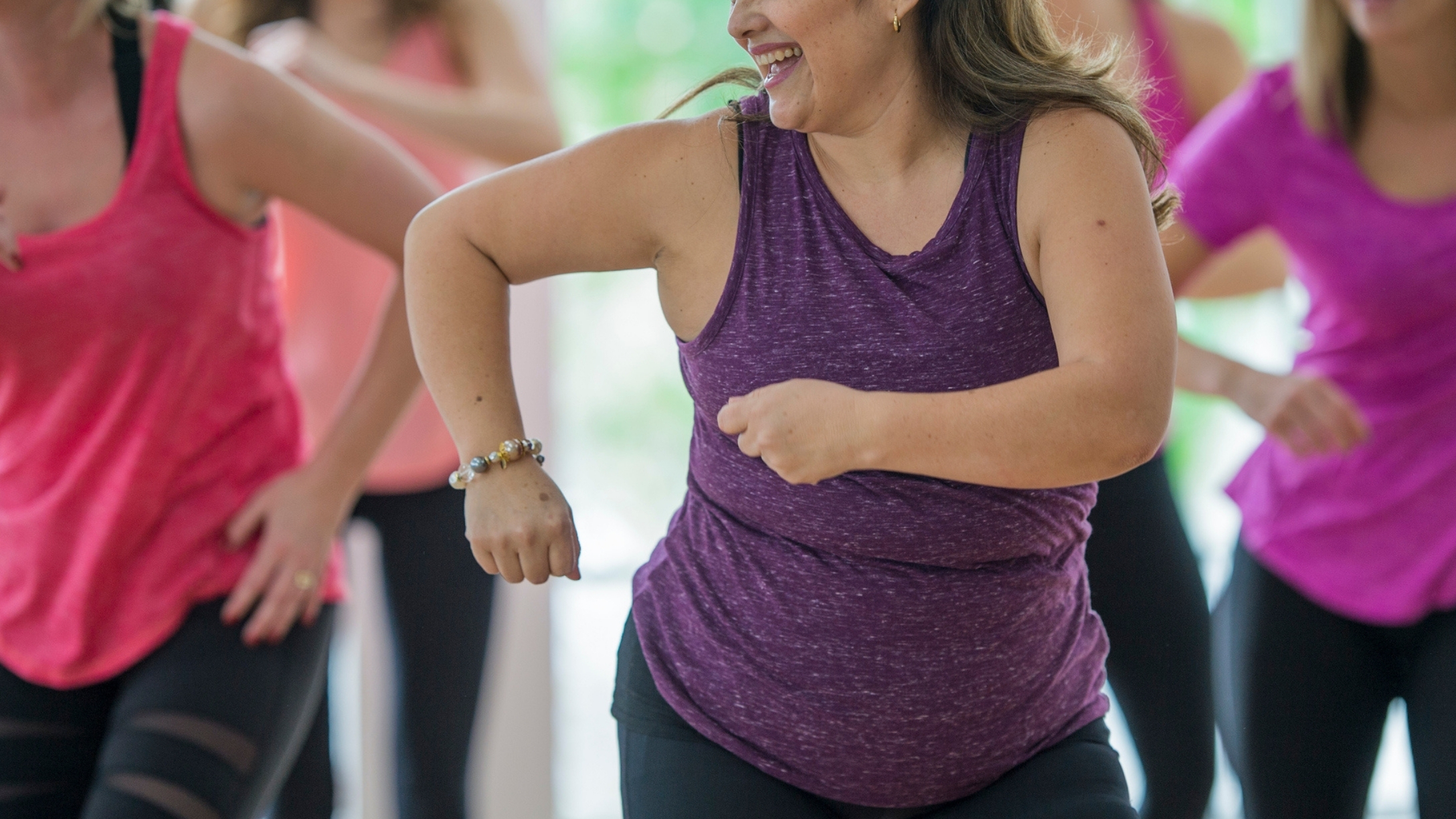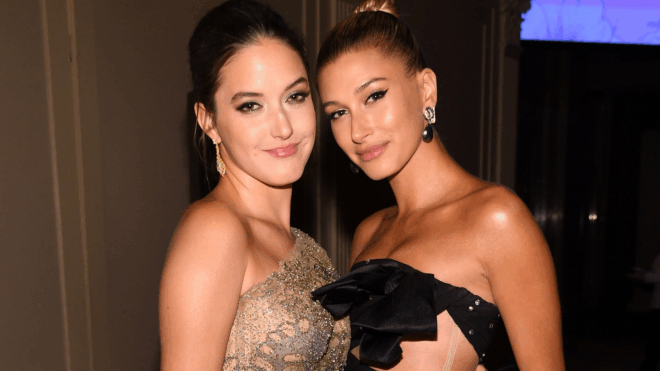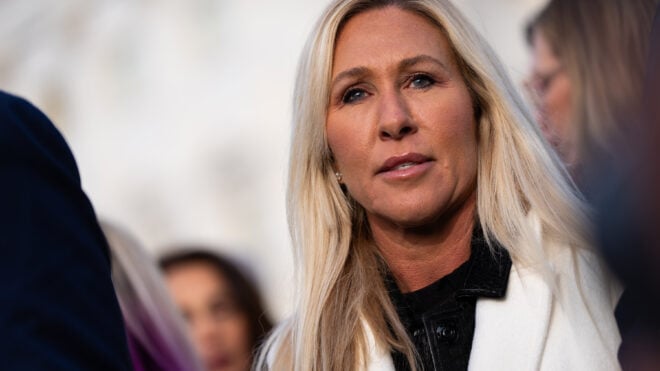
A talented dancer is letting the world know she won't let anyone dim her shine.
Lizzy Howell first went viral a few years ago for a video showing her doing fouettés, a turn used in ballet. Despite her talents, the 20-year-old Delaware native got a lot of hate for her size. No one would have blamed Lizzy if she didn't want to take on her haters, but she did.
Lizzy found something better beyond the hate. There were a lot of people who were inspired by her. She found a whole community of people with passions they wanted to pursue, despite not being the stereotypical person, with the stereotypical body, to do so.
Lizzy Howell didn't set out to be a groundbreaking figure in dance. She simply wanted to share her passion with the world, and she did so online. Lizzy shared a short video where she was doing performing fouettés, which got the attention of both admirers and haters. It also began Lizzy's journey to changing the world's perception of what a dancer looks like.
"I started dancing when I was five-and-a-half years old, shortly after my mom passed away," Lizzy told Dance Magazine.
"I started living with my Great Aunt Linda, and she put me in all the activities she could think of. I wanted to be in dance class because everyone else in kindergarten was, and I wanted to be just like them. So, I started training at a ballet studio and quickly realized that dance was my passion."
As she got a little older, Lizzy started figuring out what styles were the ones she enjoyed most. During that time, she didn't have the body type that's typically associated with dance.
"When I was around 10 years old, I started training in all styles. I automatically knew I wasn't the same size as everyone when I started," she shared.
"When I was 12, I was pulled into the office by my former studio owner, and she told me I needed to lose weight to continue to do ballet. If I didn't lose weight, she recommended I only do hip hop."
Lizzy continued with ballet, despite feeling rejected. "I kept doing ballet despite this, and went on to find training environments that accept me as I am. I currently train at Delaware Arts Conservatory and Fierce Dance Academy, both in northern Delaware," she noted.
Lizzy found dance to be an incredible emotional outlet and didn't want to lose that because of how others felt.
"I love that I get to express myself in dance. Dance has always been an emotional outlet for me, and I almost always feel better after taking a class," she shared.
"The hardest part of dance for me is feeling like I fit in. Not only do people judge me because of my size, but I now have a somewhat large following on social media. When I go to dance conventions, I often feel that people are either too scared to talk to me, or they are judging me for my size. I tend to stay to myself when I am at dance events and often put up a front to protect myself from the possibility of being bullied."
Lizzy was asked what she'd say to someone who believes that only thin women should dance. "I have struggled with body image my whole life. As dancers, we spend all of our training looking in the mirror and picking ourselves apart. It comes with the territory," she said.
"What I have learnt over the past few years is to stand my ground. I know I do not have the typical dancer body, but I have technique. I often doubt myself because of the comments I get on social media. The 'perfect dancer body' is a social construct. Any body who dances is a dancer."
"I get told that no professional company will hire me, I am only hired to check off boxes, and I only get these jobs because of my size. What people fail to realize is that the world is changing," she continued.
"Most commercials you see on TV are very diverse. Companies are hiring different sizes, disabilities and races to be more accepting. Sure, I may be 'checking off a box', but I worked as hard if not harder than some people to get where I am today."
Dance has brought incredible opportunities Lizzy's way. "The biggest job of my career thus far was in May 2019, when I was asked to dance with the French entry for the Eurovision Song Contest," she shared.
"I spent two weeks in Tel Aviv, and got to dance for a crowd of 100,000 people live, with 182 million watchers at home. It was my first real live performance as a back-up dancer. During that performance was when I knew I wanted to do back-up dancing for the rest of my life. I was one of three Americans on that stage, next to Madonna and Quavo."
Lizzy has a message for the next generation of dancers, including the ones who don't think they fit the mold.
"The dance world is changing. It may not change for my generation, but I am hopeful that it will be more accepting of the generations that come after me," she said.
"If you are struggling with feeling like you don't belong in the dance world, write down why you love dance. Sometimes seeing it written down can help. Keep being you; you can be the change for the next generation."




